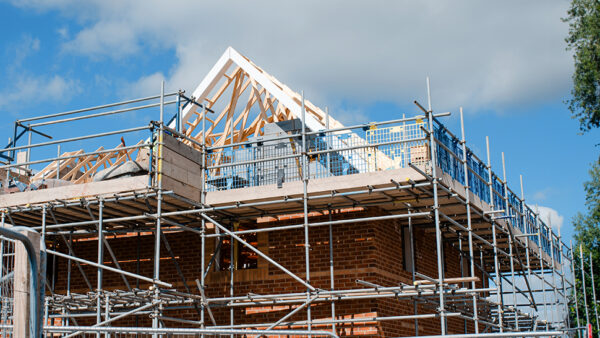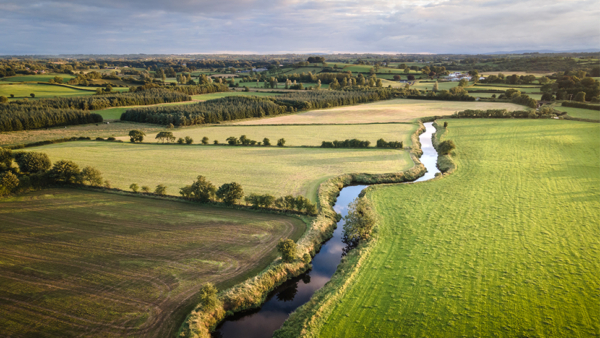
Why choose me
I find it very rewarding watching a development progress from the first plans to an occupied and working building, and I think that there are some incredible developments underway which can help and provide for local communities but take into account the interests of other stakeholders too.
Planning involves a wide range of people, and my focus is to make sure that I keep clients informed about the consequences of their proposals and look ahead for them so that, with my understanding of their priorities and concerns, I can advise them well in the long term.
Because I have worked for local authorities and for individual clients, I can see a problem in the round – dealing with public bodies, landowners, statutory authorities and charitable bodies means that I am used to taking on board a wide range of concerns and demands.
Outside work, I enjoy running, spin classes and being outdoors.

I find it very rewarding watching a development progress from the first plans to an occupied and working building, and I think that there are some incredible developments underway which can help and provide for local communities but take into account the interests of other stakeholders too.
Planning involves a wide range of people, and my focus is to make sure that I keep clients informed about the consequences of their proposals and look ahead for them so that, with my understanding of their priorities and concerns, I can advise them well in the long term.
Because I have worked for local authorities and for individual clients, I can see a problem in the round – dealing with public bodies, landowners, statutory authorities and charitable bodies means that I am used to taking on board a wide range of concerns and demands.
Outside work, I enjoy running, spin classes and being outdoors.
Related services and specialisms from HCR Law
Questions my clients ask me
As of 1 October 2018, local planning authorities will need to obtain the developer’s agreement to grant a planning permission subject to pre-commencement conditions. If such a request is not responded to within 10 working days, the developer will be deemed to have agreed to the imposition of the pre-commencement condition. Unfortunately this means that where a developer would like to object to such conditions, negotiations with the local planning authority could become protracted.
The community infrastructure levy (CIL) is now in force, but not all local planning authorities have yet adopted a charging schedule. Even where a CIL charging schedule is in force, there are certain circumstances in which a s106 agreement will still be called for by the council. Therefore, each application will need to be considered on its particular facts to ensure that all contributions sought are necessary and fairly and reasonably related to the scale of development proposed.
Typically the time limit within which to bring a judicial review claim is three months, however a short time limit of six weeks applies in relation to planning decisions. A party must have a sufficient interest in a planning decision to bring a claim and such a claim will allege that the planning decision was made unlawfully, irrationally or following a flawed decision-making process. These points will be the first hurdles in considering a challenge by way of judicial review.
Read what my clients say about me
Awards and endorsements
Send me a message
"*" indicates required fields











